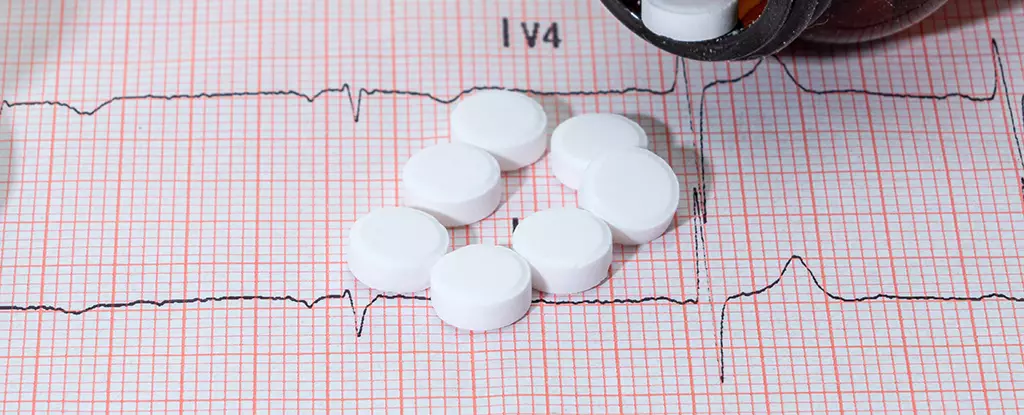Recent research offers new hope in the quest to understand dementia prevention, revealing that long-term use of cardiovascular medications could reduce the risk of developing dementia by up to 25 percent. This groundbreaking study, conducted by a team from the Karolinska Institute and Lund University in Sweden, analyzed the health data of nearly a million individuals. While these findings are compelling, it’s essential to approach them critically and understand the nuances involved in this complex relationship.
The study meticulously examined the effects of various cardiovascular drugs administered over a duration of at least five years, providing insight into how managing heart health can potentially influence cognitive decline in older adults. Although the research does not establish a definitive causal relationship between these medications and dementia, it highlights the potential connections between a compromised heart and cognitive impairment.
Historically, the association between cardiovascular health and dementia has been recognized, with studies suggesting that improved heart function may diminish the risk of cognitive deterioration. Nevertheless, these previous studies largely focused on singular drugs and specific demographics, leading to a less comprehensive understanding of the interplay between heart and brain health.
As explained by Alexander Wennberg, an epidemiologist from the Karolinska Institute, this latest research stands out due to its holistic approach. By examining a broader spectrum of medications used to address hypertension, cholesterol, and fluid balance, researchers found an interesting pattern. The data indicated that long-term use of these drugs is correlated with a significantly lower risk of dementia—numbers ranging from 4 to 25 percent, dependent on the medication type and adherence to treatment.
One notable aspect of the findings is the increased efficacy of combination therapies. The study suggests that patients who utilize multiple cardiovascular medications often experience a more considerable reduction in dementia risk when contrasted with those taking a singular drug. This points to the complex biological interconnections between cardiovascular and cognitive systems, yet it raises critical questions about the optimal management strategies for at-risk populations.
However, the news isn’t uniformly positive. The study found that certain heart medications, specifically antiplatelet drugs that prevent blood clots, could paradoxically increase dementia risk by 13 to 25 percent. A possible explanation is that while these medications are vital for preventing strokes, they may also increase the likelihood of microbleeds in the brain—a phenomenon that could exacerbate cognitive decline.
Furthermore, short-term usage of cardiovascular drugs was linked to a similar uptick in dementia risk, suggesting that initiating treatment too late in life may omit the protective benefits these medications could afford. This points to the need for a more nuanced understanding of when and how these drugs should be administered for maximum protective effect.
While the researchers illuminated promising biological mechanisms that might link heart and brain health—such as cholesterol management—it’s crucial to recognize that numerous factors contribute to cognitive health. As Wennberg notes, individual lifestyle elements, including diet, exercise, and genetics, may play significant roles that were not the focus of this study. Therefore, these findings call for further examination of multiple variables that may influence the relationship between cardiovascular treatment and dementia risk.
As medical science strives to find preventive measures against dementia, it is imperative to acknowledge the potential revealed by this research while remaining aware of its limitations. The relationship between heart health and cognitive function is a complex one that warrants further investigation. Understanding the balance between medication use and its timing could provide invaluable insights for healthcare providers in the ongoing fight against dementia.


Leave a Reply